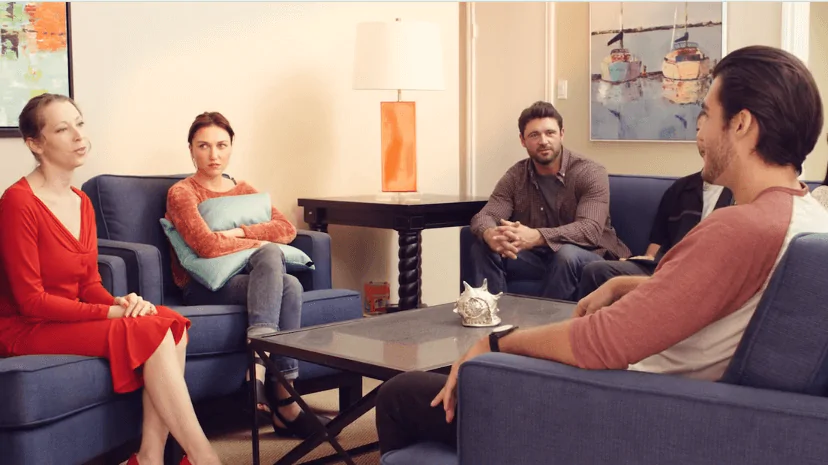24/7 Helpline:
(866) 899-221924/7 Helpline:
(866) 899-2219
Learn more about Residential Rehab centers in Paden
Residential Rehab in Other Cities

Other Insurance Options

EmblemHealth

Excellus

Multiplan

Humana

Kaiser Permanente

BlueCross

Sliding scale payment assistance

WellCare Health Plans

Amerigroup

BHS | Behavioral Health Systems

Ceridian

Choice Care Network

Medical Mutual of Ohio

BlueShield

MHNNet Behavioral Health

Horizon Healthcare Service

UnitedHealth Group

Access to Recovery (ATR) Voucher

Holman Group

Magellan Health

Creoks Mental Health Services
Creoks Mental Health Services is a private rehab located in Okemah, Oklahoma. Creoks Mental Health S...






















